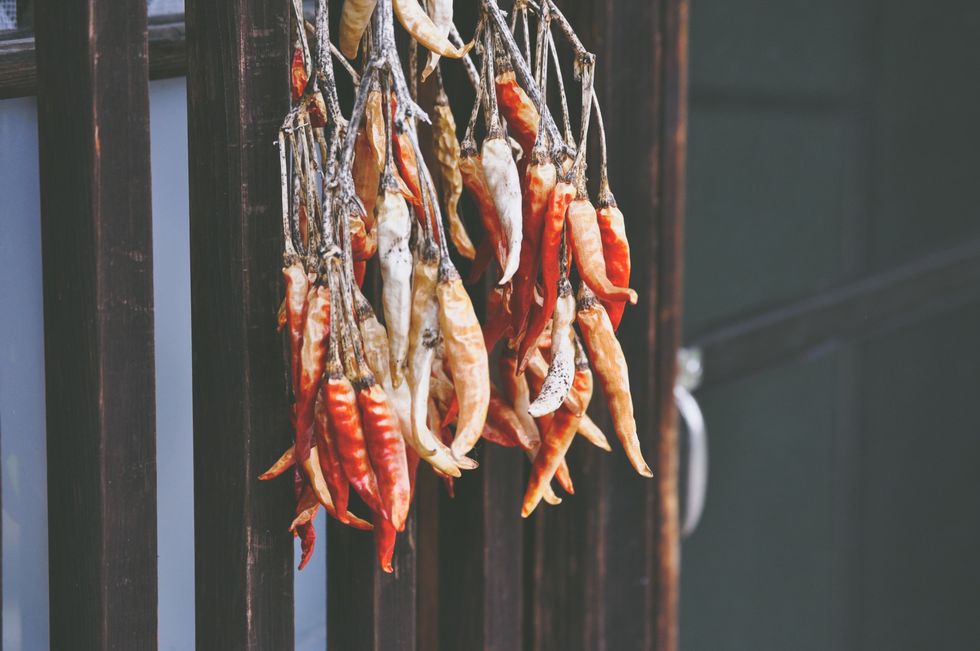Whenever I travel to a city – whether one new to me or one I've returned to again and again – I always make a point of checking out the local cuisine, and the local culture.
That's because the culture of a region influences its cuisine, and I find that I appreciate each dish more fully when I know the history behind it. That's why I also try to make a point of visiting "authentic" restaurants, meaning those restaurants where the dishes are prepared by an actual member of the culture in question.
I'm not accusing other chefs of making "cuisine appropriations," by the way. As far as I'm concerned, it's "cuisine appreciation," and they can probably prepare those dishes just as well.
But when it comes to the culture behind the dish, it's best to go right to the source.
Nowhere in the United States is this more evident than in Charleston, South Carolina, with its Gullah people and Gullah cuisine.
The Gullah are African Americans - descendants of slaves brought to the US from Central and West Africa beginning in the 1700s. They were put to work on large, rather isolated plantations in the Low country region – states like Georgia, Florida, and South Carolina. Because of this isolation, these people were able to come together to maintain their cultural heritage. Over time, they also developed a new Creole language called Geechee, which is still spoken today.
So, what does Gullah cuisine consist of?
Well, fresh ingredients are a must. And in Charleston, locally sourced seafood and fresh vegetables are easy to come by.
Gullah cuisine is famous for its "one-pot" dishes – where all the ingredients to hand are put in a single pot, so all the flavors meld together.
Conch stew is a particular favorite of mine. Now here I have to say that the conch in Charleston's conch stew isn't the conch that was once so prevalent in the Florida Keys before overfishing diminished the supply. In Charleston, the whelk is called a conch, and it's delicious when prepared in a stew with a combination of lima beans and green beans.
Shrimp creole is another favorite, served over traditionally prepared rice.
Gulla cuisine is really big into rice, by the way. Rice was one of the staple crops grown by the Gullah on those plantations, so many years ago. You haven't tasted rice until you've tasted Savannah Red Rice. Fried corn cakes are also a tasty treat.
For the foodie in search of Gullah cuisine and culture, the annual Taste of Black Charleston, held in March, is the ideal food festival to visit. (It's part of Black Expo South, and this year, it'll be held on March 13.)
About: After spending the first 40 years of his life in the United States, Rory Brown decided to focus on the quality of life and began living internationally. He now spends his time in Lake Como, Italy, Sydney, Australia, Charleston, South Carolina, and Kauai, Hawaii. His appreciation for simple health food that embraces local traditions of excellence has earned him credit among farm-to-table communities everywhere he goes.
Brown began his career as a technologist and has always focused on healthy lifestyle choices. His well-researched lifestyle writing has increasingly focused on living life to the fullest each day throughout the world.
















